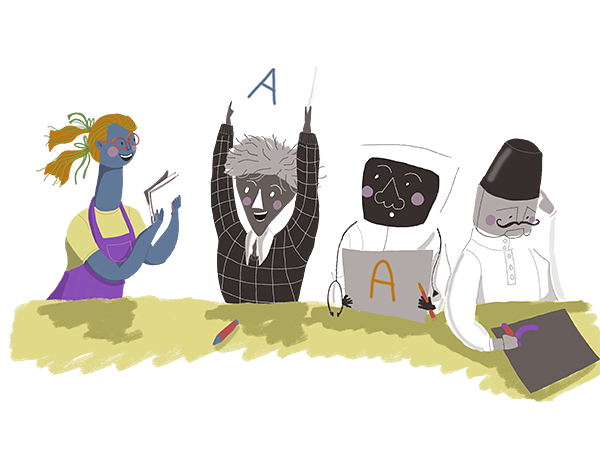Quiz

Take the quiz to find out how much you know about conversion practices.
Results
#1. Can LGBTQ+ persons sexual orientation, gender identity, or gender expression (SOGIE) be corrected or changed?
Looks like that’s not correct. There’s no evidence to show that a person’s SOGIE can be corrected or changed through conversion practices. Conversion practices can lead to long-lasting psychological and physical harm. Changing or correcting a person’s SOGIE also violates their right to freedom of expression, personal integrity and bodily autonomy, and right to sexual and reproductive health.
#2. Are religious based methods the only type of conversion practices?
Looks like that’s not correct. Besides religious-based methods, there are medical approaches which are based on the belief that sexual or gender diversity is because of an inherent biological dysfunction and psychotherapy approaches which are based on the belief that sexual or gender diversity is a product of an abnormal upbringing or experiences, emphasizing on past experiences as a child and the role their parental figures played. Conversion practices in Malaysia typically use a combination of the three approaches.
#3. Do Malaysian government bodies run conversion therapy programmes?
Looks like that’s not correct. Some people may seek or may be perceived as “voluntarily” seeking conversion practices. But we have to problematise the “voluntary” nature of these conversion programmes by examining the circumstances of why a person may choose to voluntarily participate in conversion practices. For example, the widespread societal pressures to change their SOGIE to fit or assimilate into heteronormative societal structures.
#4. Are all LGBTQ+ persons equally vulnerable to conversion practices?
Looks like that’s not correct. Not everyone is equally vulnerable and impacted by conversion practices in the same way. Some groups such as LGBTQ children and young people, LGBTQ persons living with HIV, elderly persons, and prisoners, are more vulnerable and disproportionately impacted by conversion practices.
#5. Can LGBTQ+ persons voluntarily join “conversion therapy” practices?
Looks like that’s not correct. Some people may seek or may be perceived as “voluntarily” seeking conversion practices. But we have to problematise the “voluntary” nature of these conversion programmes by examining the circumstances of why a person may choose to voluntarily participate in conversion practices. For example, the widespread societal pressures to change their SOGIE to fit or assimilate into heteronormative societal structures.


